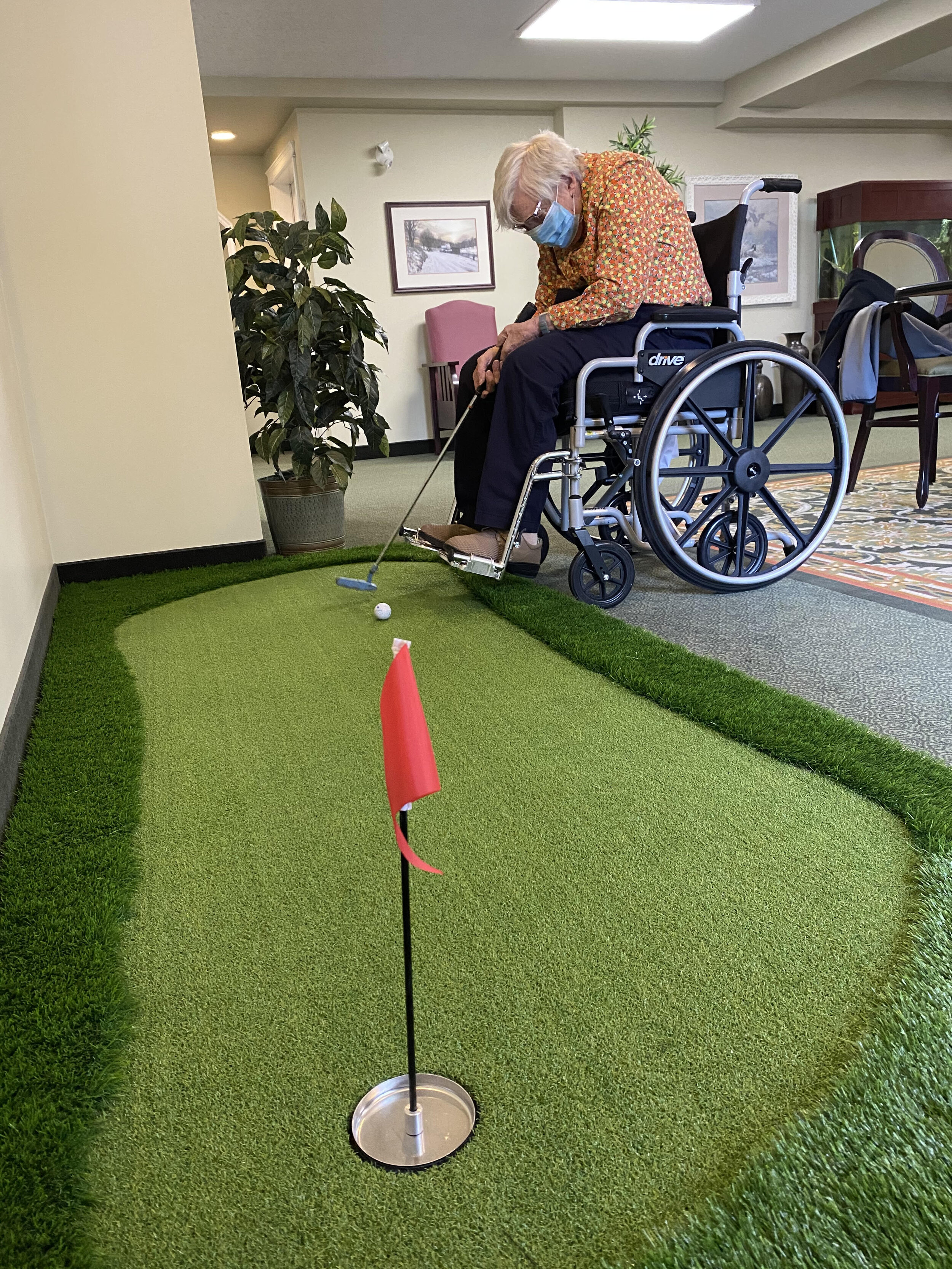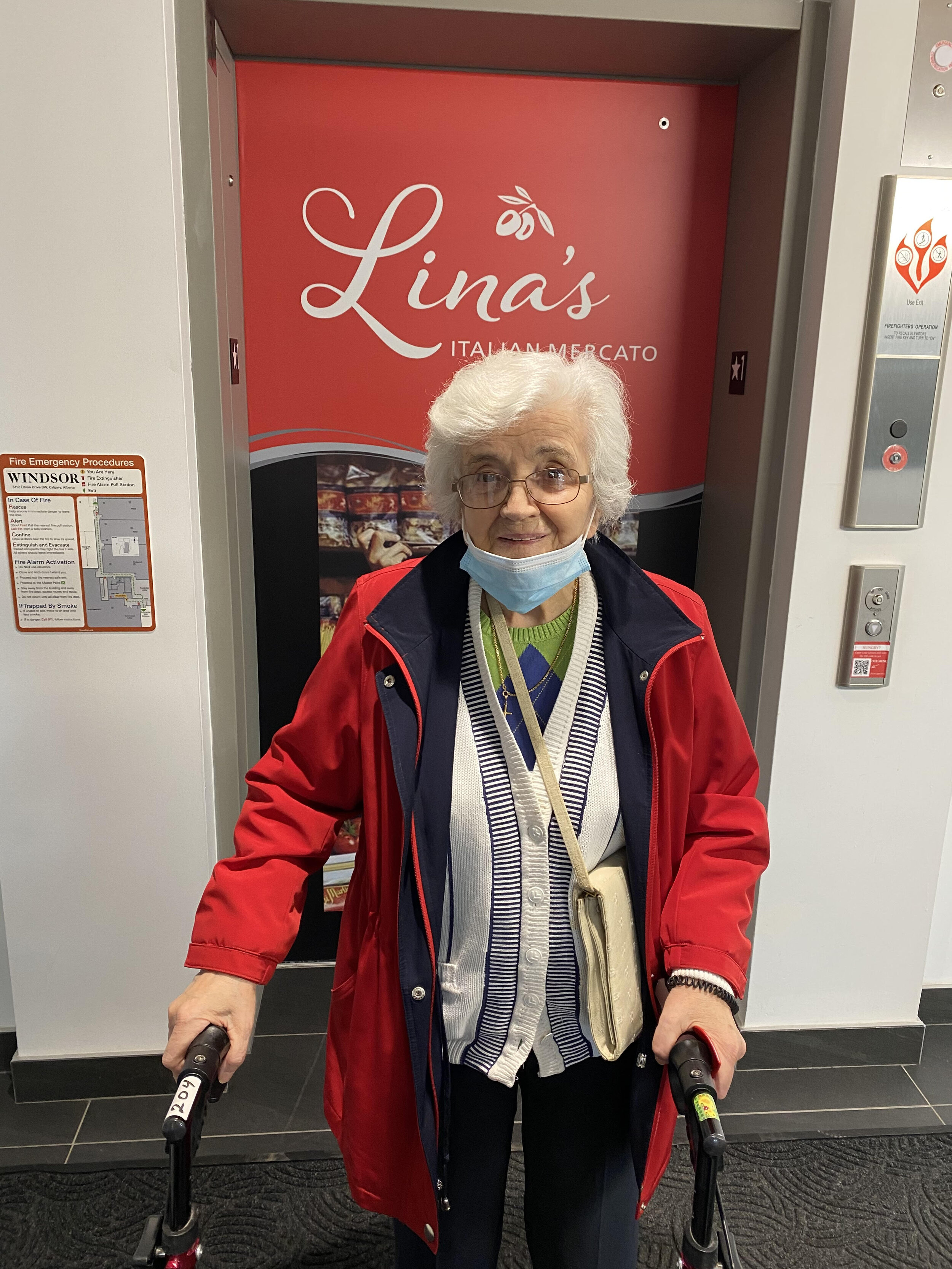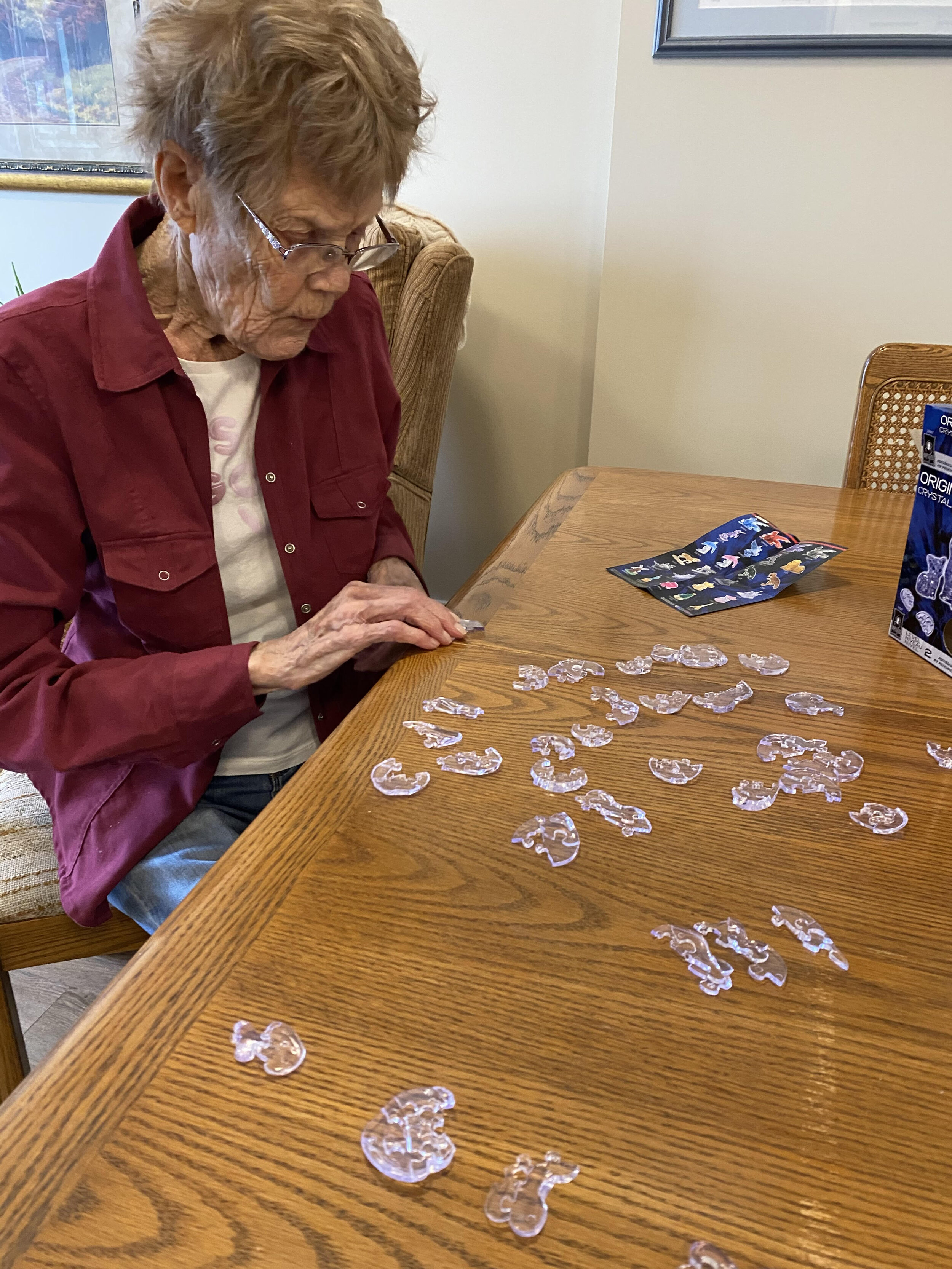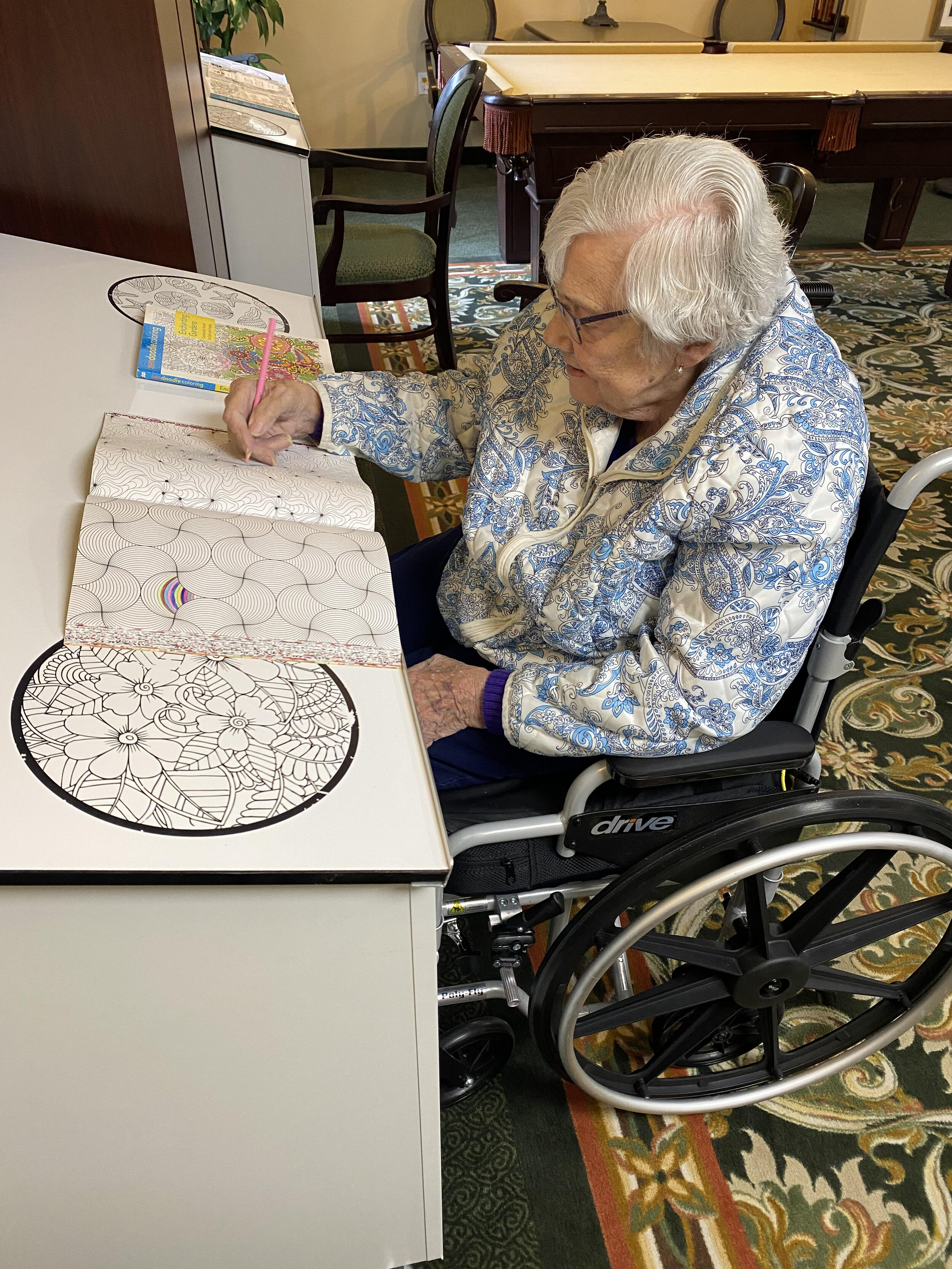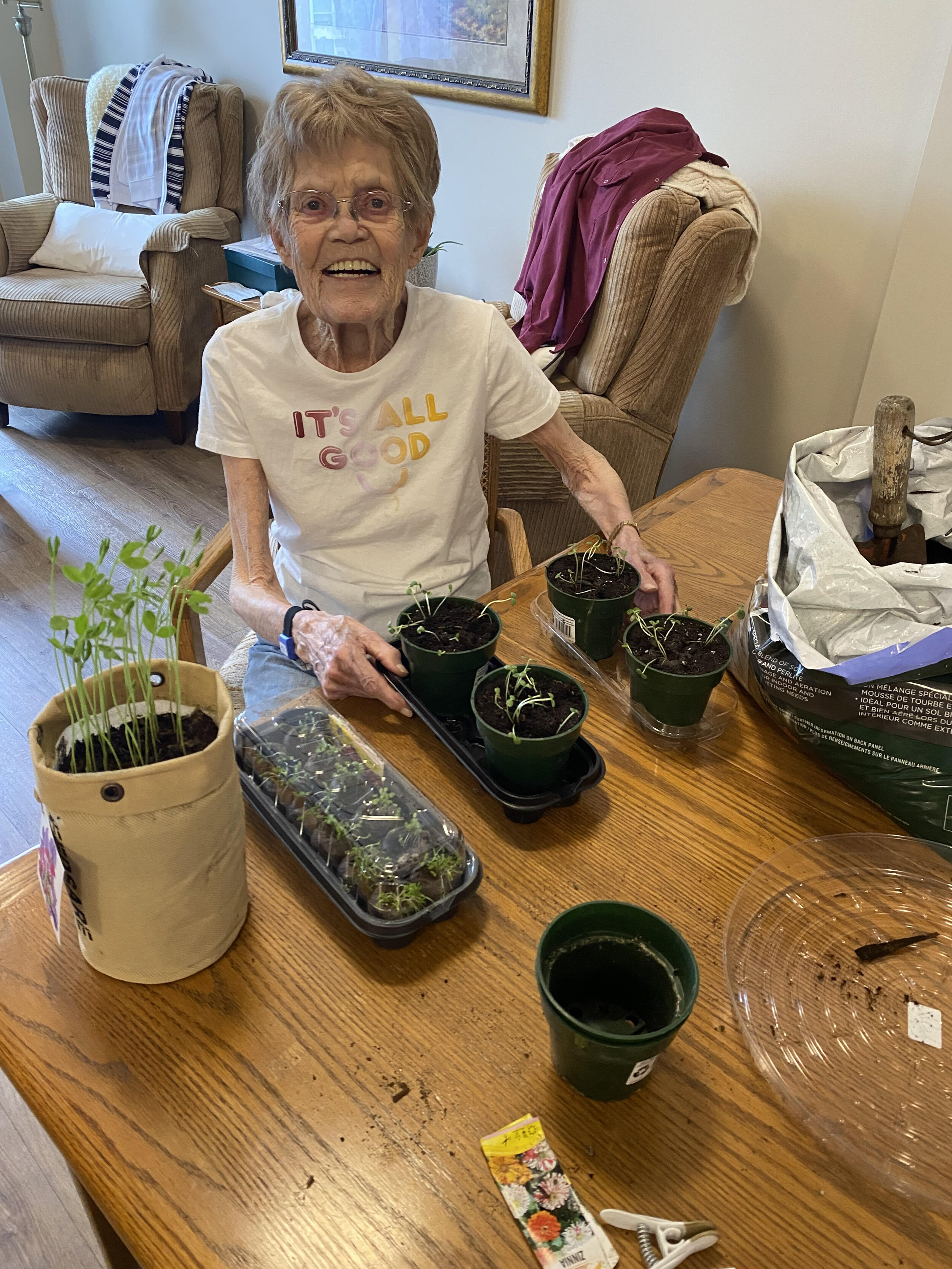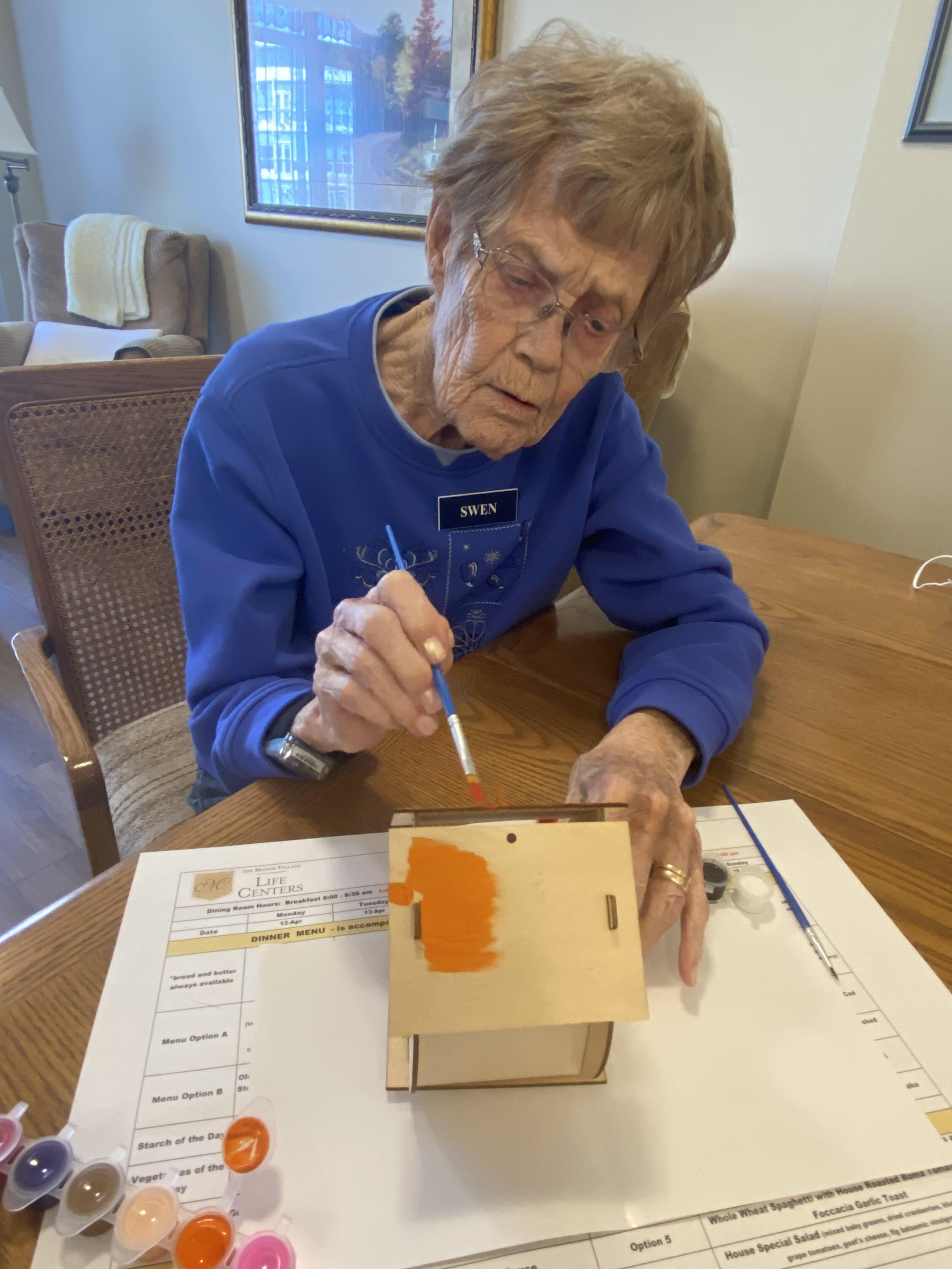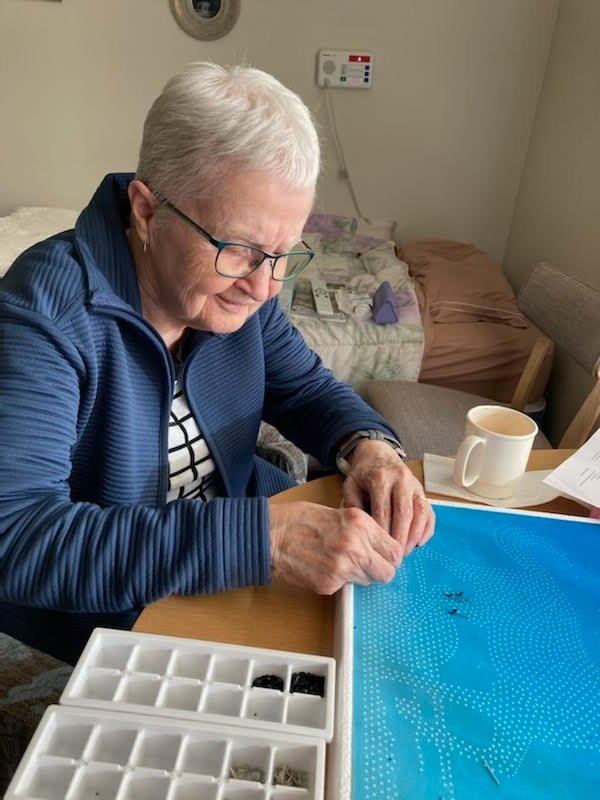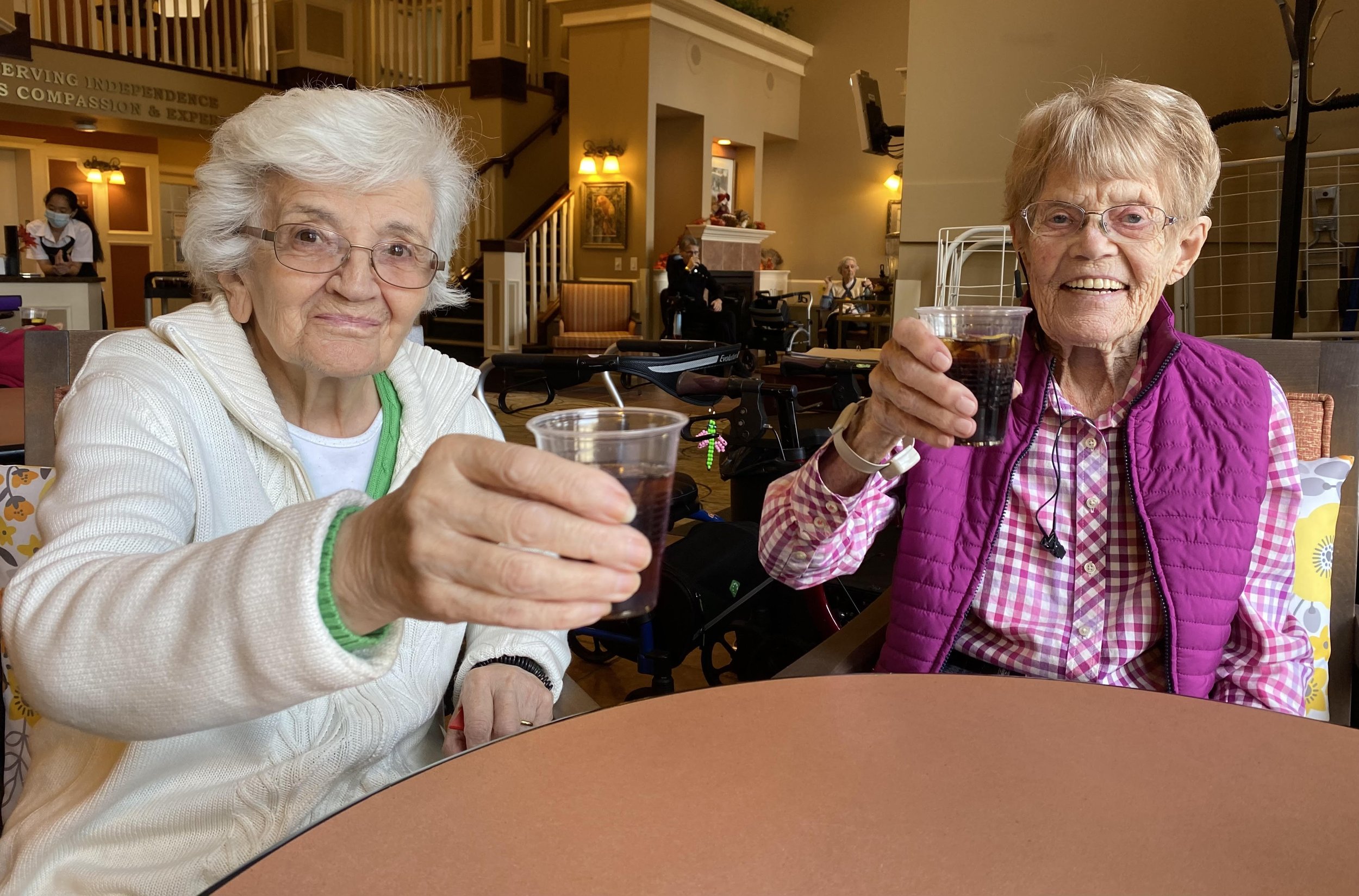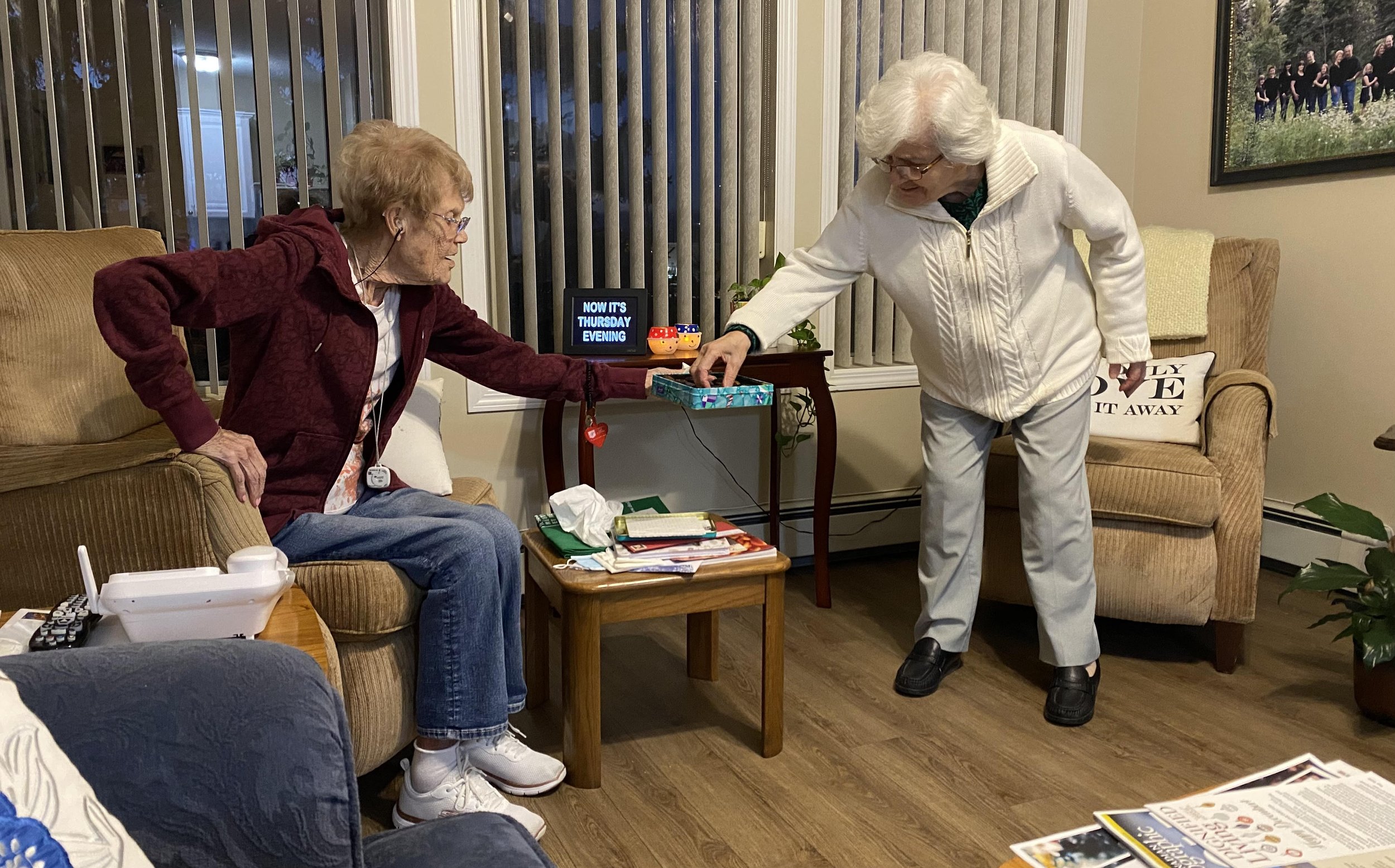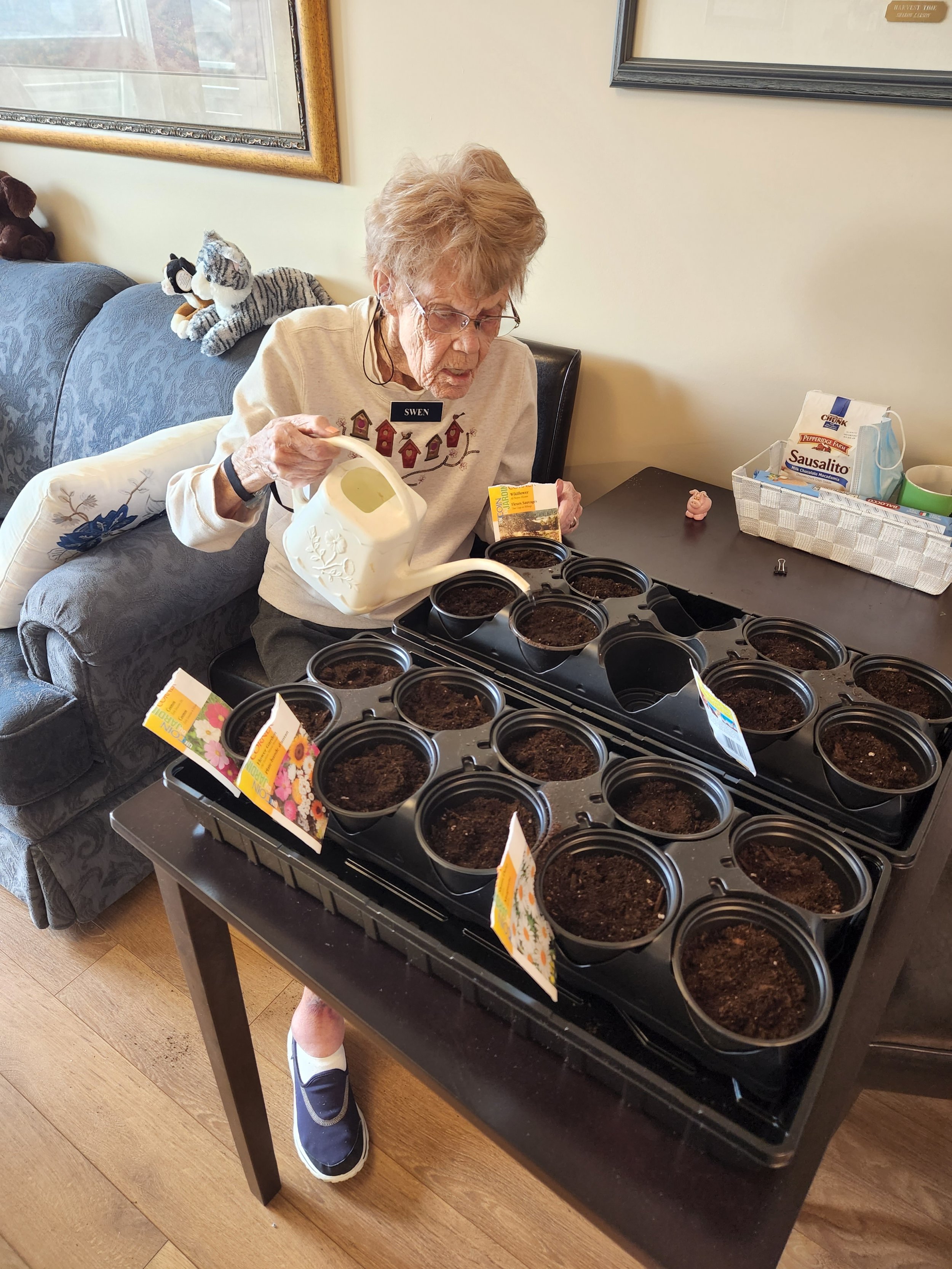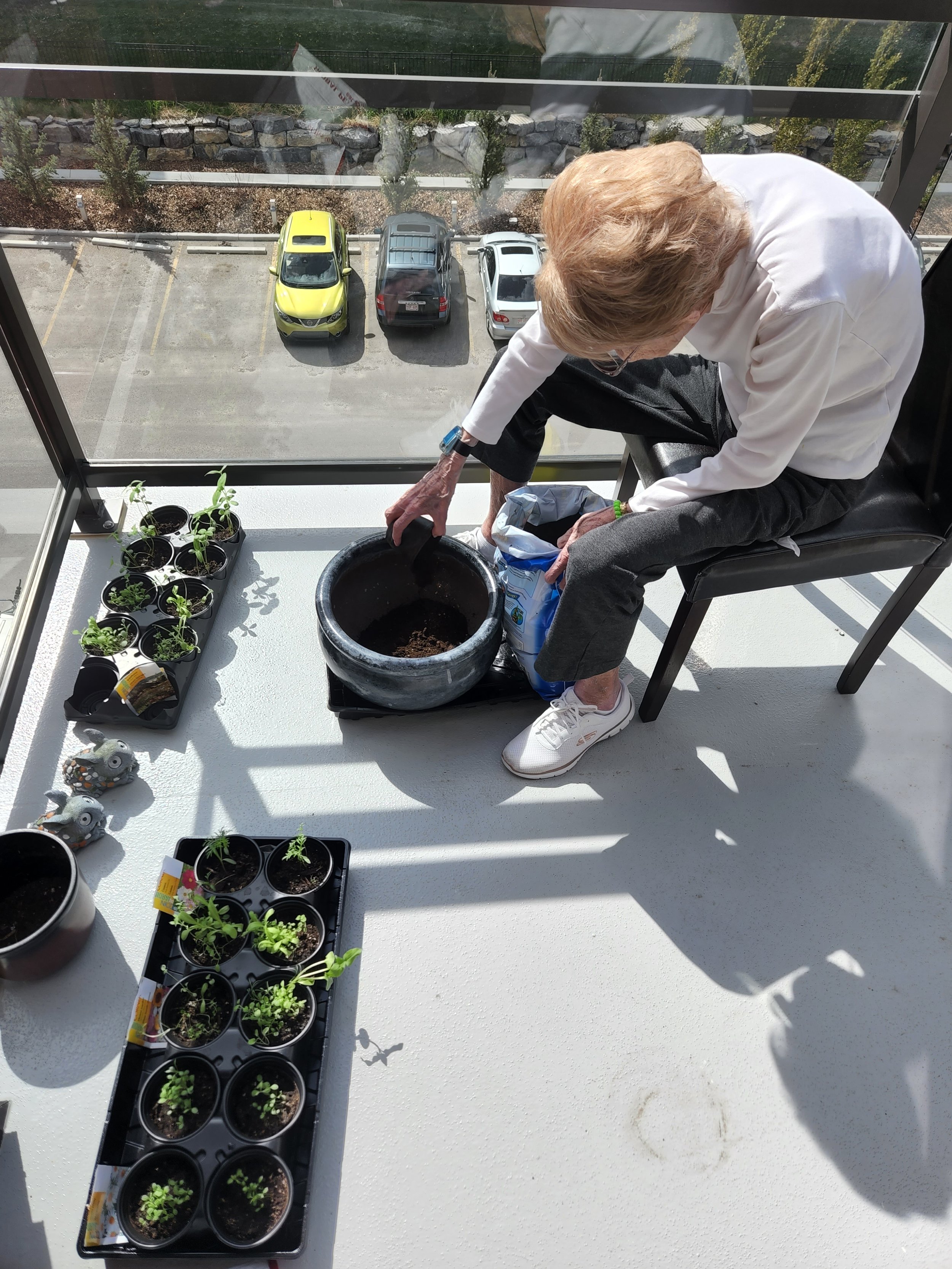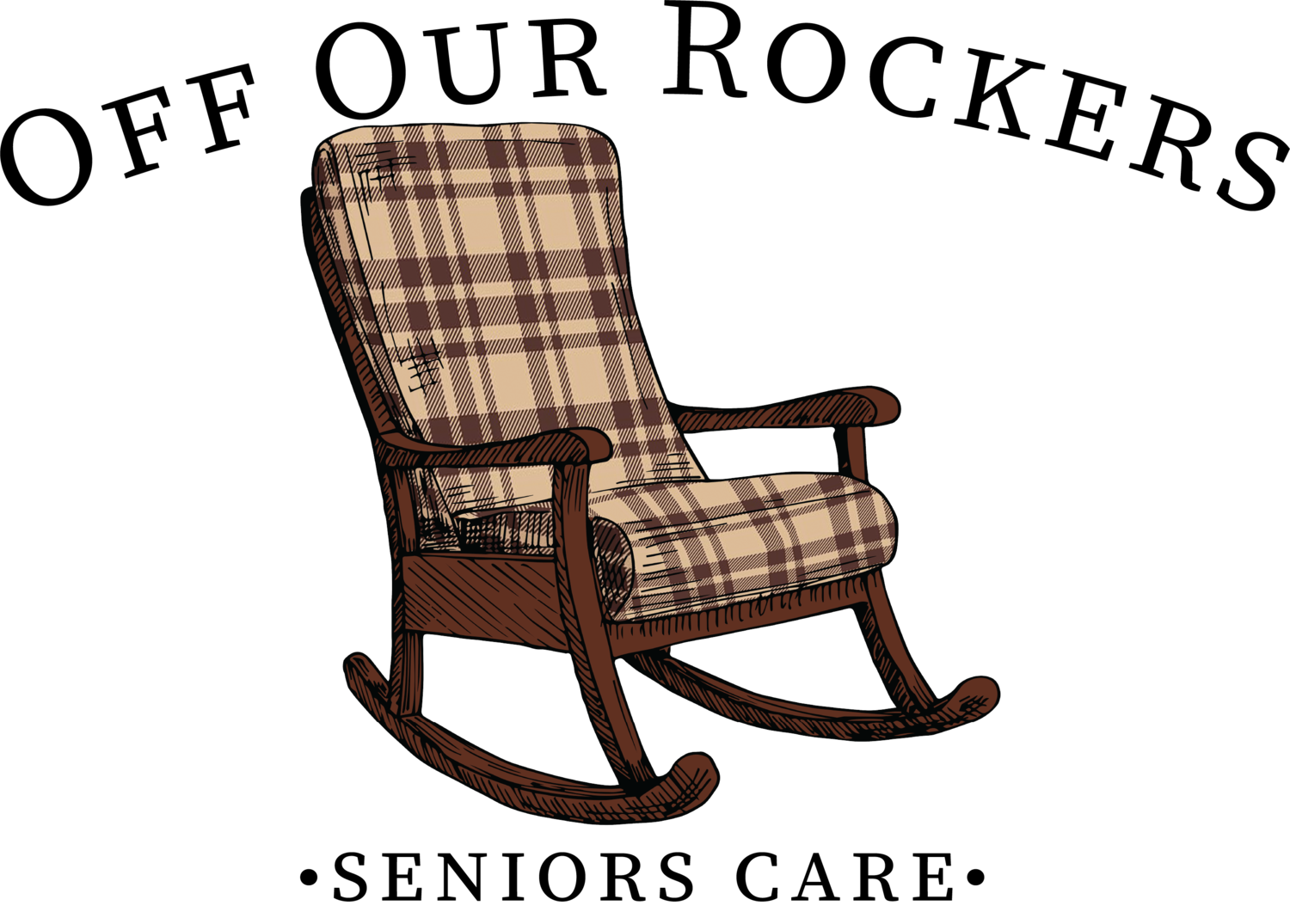What Is Companion Care?
Companion care offers invaluable friendship and emotional support for the elderly. A companion is a friend, a confidant, and an ally, someone who can always be there to play games, share meals, go on outings, swap stories, take a walk around the block, or simply sit with the senior to listen to music or watch a beloved film.
In addition to helping seniors live more enriched, fulfilled, and independent lives, companion care also offers numerous benefits to family caregivers. Companion care can help give Sandwich Generation caregivers more time to focus on work or family; it’s also a great solution for any family caregiver who needs the occasional chance to step back and get some much-needed respite, or focus on their own health and well-being. Companion care can also help out family caregivers who may live a significant distance away from their senior loved one; a companion can also step in and provide care in situations or environments where you may not be able to, such as in a hospital or rehab facility.
Companion Services
In addition to this fulfilling and empowering friendship, a senior companion can provide any number of services designed to help the senior live comfortably and safely, including:
Assistance with activities of daily living (ADLs). A companion can help provide physical support for the senior, assisting them with sitting and standing, walking around, or lying down.
Transportation services. A senior companion can help provide rides to doctor’s appointments, social events, religious services, and more, while also helping the senior run errands, go grocery shopping, and even plan fun outings. For seniors who may not be able to drive any longer, having reliable transportation can be transformative, empowering them to remain connected with their community, while being supported at every step of the way by a friendly driver they know and trust.
Help with housekeeping and laundry. A companion can provide light housekeeping and laundry services, so that the senior can always reside in an environment that is comfortable, clean, and safe.
Assistance with shopping, preparing, and serving meals. Food is a deeply meaningful thing, and a cornerstone of good health. Unfortunately, many older adults face challenges with shopping, cooking, and eating nutritious meals. A senior companion can hop in and help at every step, from menu planning, to grocery shopping, to meal preparation. They can also dine alongside the senior, so mealtimes become a moment to relax, share stories, and enjoy pleasant company.
Medication and exercise reminders. While senior companionship is a type of non-medical care, a companion can help keep an eye on the senior, and check to see if they’re keeping up with their medicine and exercise regimens. When it comes to exercising, a companion can also provide support and encouragement, to help motivate the older adult to remain active in a safe and healthy way.
Recreation and Leisure activites. Recreation is an activity that people engage in during their free time, that people enjoy, and that people recognize as having socially redeeming values. Recreational activities are endless and include sports, music, games, travel, reading, arts and crafts, and dance.
